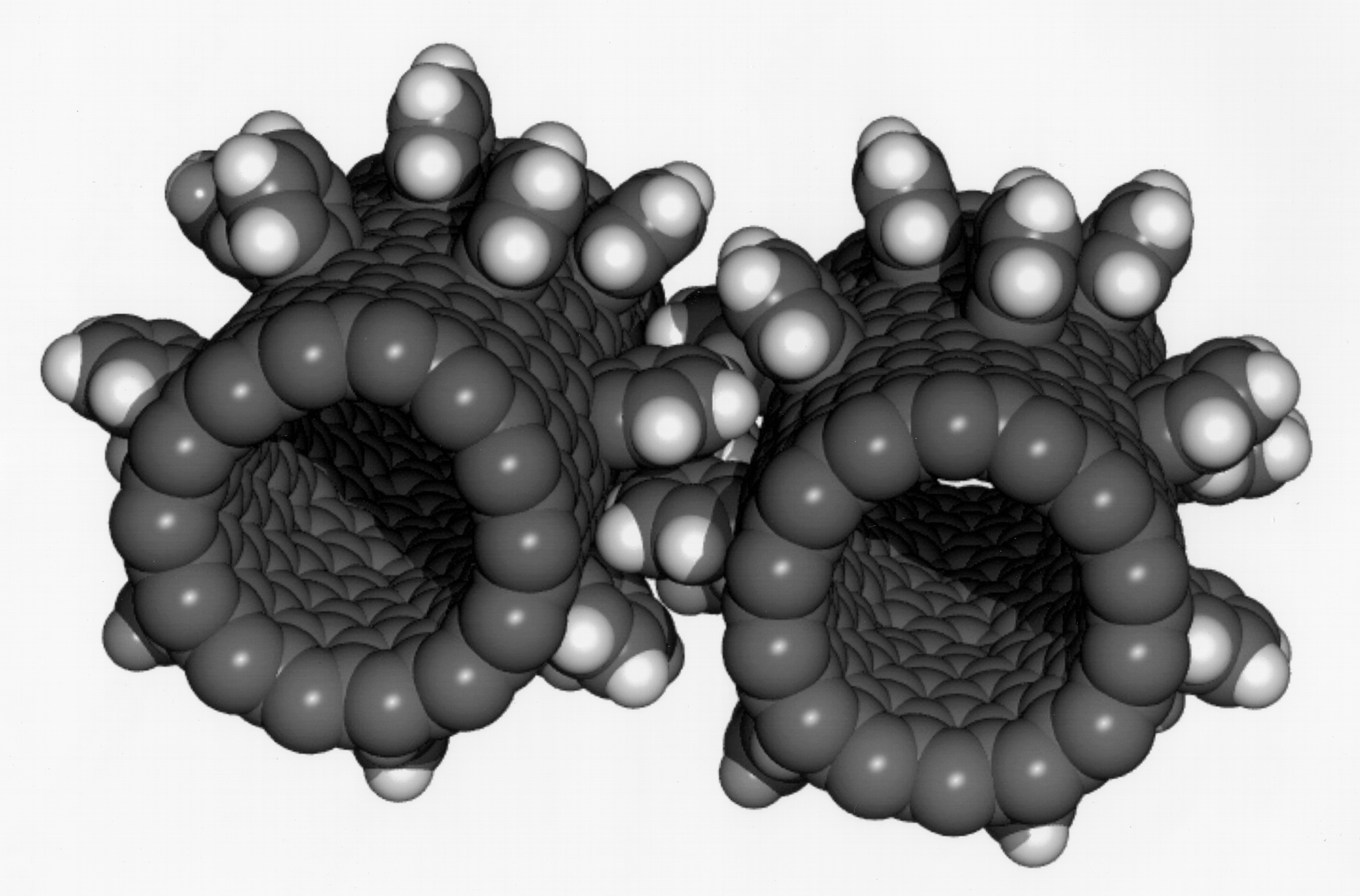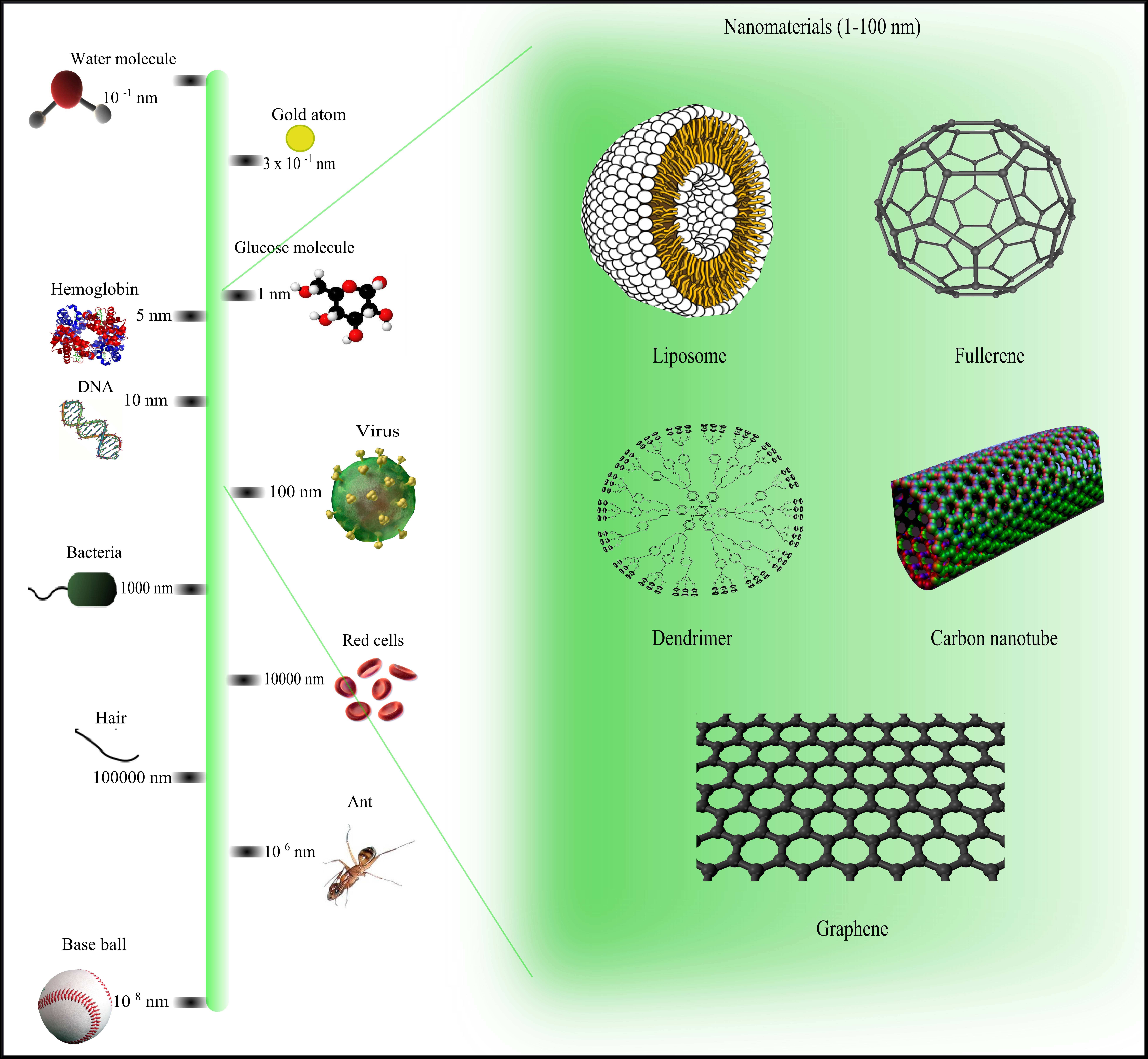|
CeNTech
The Center for Nanotechnology is one of the first centers for nanotechnology. It is located in Münster, North Rhine-Westphalia, Germany. It offers many possibilities for research, education, start-ups and companies in nanotechnology. Hence it works together with the University of Münster (WWU), the Max Planck Institute for Molecular Biomedicine The Max Planck Institute for Molecular Biomedicine was founded on 1 April 2001 in Münster, North Rhine-Westphalia, Germany. It is part of the Max Planck Society. The current managing director is professor Dietmar Vestweber. History The Inst ... and many more research institutions. External links CeNTech Homepage Nanotechnology institutions Münster Research institutes in Germany University of Münster {{NorthRhineWestphalia-struct-stub ... [...More Info...] [...Related Items...] OR: [Wikipedia] [Google] [Baidu] |
Münster
Münster (; nds, Mönster) is an independent city (''Kreisfreie Stadt'') in North Rhine-Westphalia, Germany. It is in the northern part of the state and is considered to be the cultural centre of the Westphalia region. It is also a state district capital. Münster was the location of the Anabaptist rebellion during the Protestant Reformation and the site of the signing of the Treaty of Westphalia ending the Thirty Years' War in 1648. Today it is known as the bicycle capital of Germany. Münster gained the status of a ''Großstadt'' (major city) with more than 100,000 inhabitants in 1915. , there are 300,000 people living in the city, with about 61,500 students, only some of whom are recorded in the official population statistics as having their primary residence in Münster. Münster is a part of the international Euregio region with more than 1,000,000 inhabitants (Enschede, Hengelo, Gronau, Osnabrück). History Early history In 793, Charlemagne sent out Ludger as a miss ... [...More Info...] [...Related Items...] OR: [Wikipedia] [Google] [Baidu] |
University Of Münster
The University of Münster (german: Westfälische Wilhelms-Universität Münster, WWU) is a public university, public research university located in the city of Münster, North Rhine-Westphalia in Germany. With more than 43,000 students and over 120 fields of study in 15 departments, it is Germany's fifth largest university and one of the foremost centers of German intellectual life. The university offers a wide range of subjects across the sciences, social sciences and the humanities. Several courses are also taught in English, including PhD, PhD programmes as well as postgraduate courses in geoinformatics, geospational technologies or information systems. Professors and former students have won ten Gottfried Wilhelm Leibniz Prize, Leibniz Prizes, the most prestigious as well as the best-funded prize in Europe, one Fields Medal and two Nobel Prize, Nobel Prizes. The WWU has also been successful in the German government's German Universities Excellence Initiative, Excellence Init ... [...More Info...] [...Related Items...] OR: [Wikipedia] [Google] [Baidu] |
Nanotechnology
Nanotechnology, also shortened to nanotech, is the use of matter on an atomic, molecular, and supramolecular scale for industrial purposes. The earliest, widespread description of nanotechnology referred to the particular technological goal of precisely manipulating atoms and molecules for fabrication of macroscale products, also now referred to as molecular nanotechnology. A more generalized description of nanotechnology was subsequently established by the National Nanotechnology Initiative, which defined nanotechnology as the manipulation of matter with at least one dimension sized from 1 to 100 nanometers (nm). This definition reflects the fact that quantum mechanical effects are important at this quantum-realm scale, and so the definition shifted from a particular technological goal to a research category inclusive of all types of research and technologies that deal with the special properties of matter which occur below the given size threshold. It is therefore common to ... [...More Info...] [...Related Items...] OR: [Wikipedia] [Google] [Baidu] |
North Rhine-Westphalia
North Rhine-Westphalia (german: Nordrhein-Westfalen, ; li, Noordrien-Wesfale ; nds, Noordrhien-Westfalen; ksh, Noodrhing-Wäßßfaale), commonly shortened to NRW (), is a States of Germany, state (''Land'') in Western Germany. With more than 18 million inhabitants, it is the List of German states by population, most populous state of Germany. Apart from the city-states, it is also the List of German states by population density, most densely populated state in Germany. Covering an area of , it is the List of German states by area, fourth-largest German state by size. North Rhine-Westphalia features 30 of the 81 German municipalities with over 100,000 inhabitants, including Cologne (over 1 million), the state capital Düsseldorf, Dortmund and Essen (all about 600,000 inhabitants) and other cities predominantly located in the Rhine-Ruhr metropolitan area, the largest urban area in Germany and the fourth-largest on the European continent. The location of the Rhine-Ruhr at the h ... [...More Info...] [...Related Items...] OR: [Wikipedia] [Google] [Baidu] |
Germany
Germany,, officially the Federal Republic of Germany, is a country in Central Europe. It is the second most populous country in Europe after Russia, and the most populous member state of the European Union. Germany is situated between the Baltic and North seas to the north, and the Alps to the south; it covers an area of , with a population of almost 84 million within its 16 constituent states. Germany borders Denmark to the north, Poland and the Czech Republic to the east, Austria and Switzerland to the south, and France, Luxembourg, Belgium, and the Netherlands to the west. The nation's capital and most populous city is Berlin and its financial centre is Frankfurt; the largest urban area is the Ruhr. Various Germanic tribes have inhabited the northern parts of modern Germany since classical antiquity. A region named Germania was documented before AD 100. In 962, the Kingdom of Germany formed the bulk of the Holy Roman Empire. During the 16th ce ... [...More Info...] [...Related Items...] OR: [Wikipedia] [Google] [Baidu] |
Max Planck Institute For Molecular Biomedicine
The Max Planck Institute for Molecular Biomedicine was founded on 1 April 2001 in Münster, North Rhine-Westphalia, Germany. It is part of the Max Planck Society. The current managing director is professor Dietmar Vestweber. History The Institute was founded on 1 August 2001 in Münster, Germany. Founding director was Prof. Dr. Dietmar Vestweber. In 2004, another department was added (Prof. Dr. Hans Robert Schöler). In the same year, the institute got its current name: Max Planck Institute for Molecular Biomedicine. In 2006 the institute moved to a new and modern building offering more space and equipment. At the end of 2007 another department was added ( Prof. Dr. Ralf H. Adams). This department moved from the Cancer Research UK London Research Institute to the MPI. With the retirement of Hans Robert Schöler at the end of October 2021, who continues to work with a research group at the Institute, Sara Wickström was appointed as a new Director at the Institute as of Novembe ... [...More Info...] [...Related Items...] OR: [Wikipedia] [Google] [Baidu] |
Nanotechnology Institutions
Nanotechnology, also shortened to nanotech, is the use of matter on an atomic, molecular, and supramolecular scale for industrial purposes. The earliest, widespread description of nanotechnology referred to the particular technological goal of precisely manipulating atoms and molecules for fabrication of macroscale products, also now referred to as molecular nanotechnology. A more generalized description of nanotechnology was subsequently established by the National Nanotechnology Initiative, which defined nanotechnology as the manipulation of matter with at least one dimension sized from 1 to 100 nanometers (nm). This definition reflects the fact that quantum mechanical effects are important at this quantum-realm scale, and so the definition shifted from a particular technological goal to a research category inclusive of all types of research and technologies that deal with the special properties of matter which occur below the given size threshold. It is therefore common to ... [...More Info...] [...Related Items...] OR: [Wikipedia] [Google] [Baidu] |
Research Institutes In Germany
Research is " creative and systematic work undertaken to increase the stock of knowledge". It involves the collection, organization and analysis of evidence to increase understanding of a topic, characterized by a particular attentiveness to controlling sources of bias and error. These activities are characterized by accounting and controlling for biases. A research project may be an expansion on past work in the field. To test the validity of instruments, procedures, or experiments, research may replicate elements of prior projects or the project as a whole. The primary purposes of basic research (as opposed to applied research) are documentation, discovery, interpretation, and the research and development (R&D) of methods and systems for the advancement of human knowledge. Approaches to research depend on epistemologies, which vary considerably both within and between humanities and sciences. There are several forms of research: scientific, humanities, artistic, econom ... [...More Info...] [...Related Items...] OR: [Wikipedia] [Google] [Baidu] |



.jpg)


